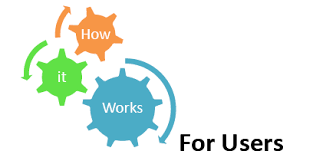

Tonight’s format, the standard one: how it was and what it’s like now. You sit in front, facing the group and next to the Chairperson, the woman who’d volunteered you to speak. To begin the meeting she asks the usual questions: Were there any newcomers present, first timers to this meeting, or visitors? After welcoming these folks with applause, the group then recites How it Works, from the Big Book of Alcoholics Anonymous. While the laminated text is passed from one member to another, its familiar words emanating from familiar voices, you gather your thoughts.
Your heart was in your throat, but that’s okay, that’s where it should be. Whenever you spoke in front of others, be it at a business meeting or a gathering of Alcoholic’s Anonymous, you receive the most wonderful bout of stage fright. As you once told your daughter, Callie, the drama student, nervousness was a good thing; it meant you cared about your audience. Knowing that, took away the fear. Many tears ago you’d had the epiphany and have embraced public speaking ever since. On stage, at a pitch, or in AA, you welcomed the butterflies. They were your friends. They lifted you up.
Standing, you begin, as everyone does, by stating your first name and claiming your disease. Some thirty people say hello back. You will speak of the lines you crossed, the people you harmed and the many bottoms you hit. But first you open with some facts. You knew you were an addict long before you stopped using. For years you identified as a “functioning alcoholic.” You made money. Paid your bills. Started a family. And drank every night until you got drunk. Work hard. Play hard. Because that is what you thought adults did. And you did it with gusto. But you always knew. Eventually, your work began to suffer. Playing hard was not the appropriate description for drinking alone.

